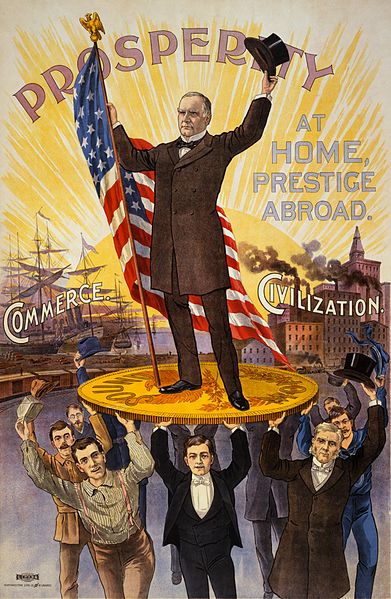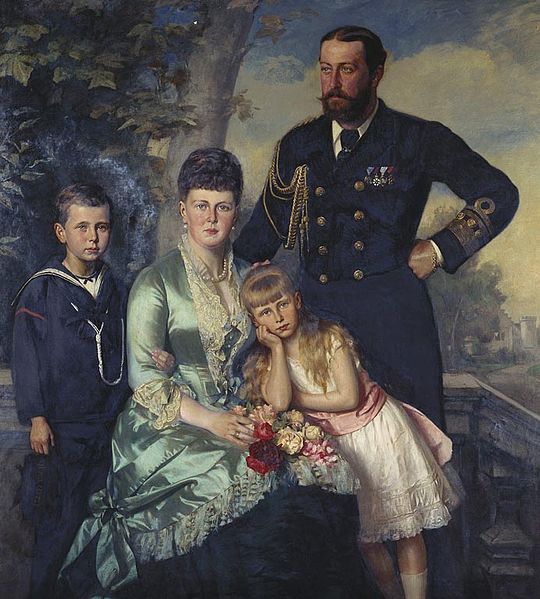Ever wonder just what might be the greatest predictor of success? And when I say success, I mean the whole enchilada – happiness, financial security, relationships – everything. Well, Science has found the answer.
Go ahead and guess.
 Rich parents?
Rich parents?
Intelligence?
Hard work?
Good Looks?
None of the above. It turns out the greatest predictor of success in this life is….
The Ability to Delay Gratification.
That’s right. And it’s been tested. Several times.
In a recent Stossel in the Classroom segment, John Stossel talked about a study done with marshmallows that demonstrated the value of self-denial. There’s a TED talk about it too.
Apparently, for the study, originally done in the 60s, social scientists took four-year-old children and placed them each in a room. The moderator would say, “I have a marshmallow for you. You may eat it right now. OR, if you can wait until I return in 15 minutes, I will give you a SECOND marshmallow. In the original study and in every reproduction to date, only one third of the kids were able to avoid eating their marshmallow. (Videos on the TED Talk of kids trying to wait are priceless).
Researchers followed up on the kids. 15 years later, 100% of those children that had not eaten the marshmallow were successful. According to Stossel, the kids who did not eat their marshmallow within the 15 minute time period scored an average of 213 points higher on their SATs. They were happier and healthier. Years later, “they make more money, they are happier, they have better relationships, and they are less likely to get into trouble” than those kids who had not been able to resist the treat.
Research showed that kids who did eat the marshmallow were more likely to struggle in life. On average, they had more relationship troubles, didn’t do as well financially and tended to be more unhappy.
The truth is, as much as the ME-culture of instant gratification and self-indulgence would like us to believe that it is guiding us to the greener pastures of personal fulfillment and joy, no one is brought to greater happiness through self-indulgence. Like sin, the ME-culture sucks us into a cavern of darkness which leads us deeper and deeper into the blackness until we are so lost we cannot find the light.
For those of you who were doubtful, it turns out – according to the omnipotent and all-knowing halls of science –
Self-Denial is Good for Us.
Self-denial is not – contrary to popular belief – about shackling ourselves to an earthly life of misery and unhappiness. It doesn’t mean torturing ourselves to lead lives of drudgery and self-imposed sacrifice.
Maybe self-denial – even in this world – is about opening doors and widening our options. Because apparently, self-denial begets success. Self-denial begets happiness.
Which brings us to our Faith.
What is the great command of discipleship – as symbolized by the very Cross upon which our Salvation hung?
From the mouth of Christ,
“If any man would come after me, let him DENY HIMSELF and take up his cross and follow me.” (emphasis mine) (Matthew 16:24) (Mark 8:34) (Luke 9:23)
In the words of Saint Paul,
I appeal to you therefore, brethren, by the mercies of God, to present your bodies as a living sacrifice, holy and acceptable to God, which is your spiritual worship. (Romans 12:1)
We are called to deny ourselves in this world, that we might enjoy eternal happiness in the next. What is that denial but the ultimate in delayed gratification?
Most interesting about this scientific finding is that in virtually all circles, we hear that this world and the next do not value the same things. Either you can live for this world, or you can live for heaven. But you cannot do both. In Scripture, we are warned about the temptations of this world. But while there is a culture out there promoting the opposite of self-denial — self-indulgence, instant gratification, gluttony — that culture is contrary to the truth that is engraved on the heart of every one of us. How could the laws of this world ever truly contradict the laws of Him Who made this world?
They couldn’t. Happiness in this world and happiness in the next must be consistent. Because happiness can only be found in Good.
So the next time you hear the above verses, don’t moan and complain as you drag that cross along behind you or slump sulkily up onto that altar. Remember that when you wail about self-denial you are as amusing to God as a small child at nap time who denies with his whole being that sleep is good for his peace and contentment.
Your happiness in the next world is contingent upon your denying yourself in love. For God. But here’s the amazing thing. Your goal is not merely greater financial gain. But research shows that you’ll probably have it. Your goal is not merely better relationships. But research demonstrates that you’ll probably have them. Your goal is not ultimately happiness in this world. But the science shows that you’ll probably have it.
I know what you are thinking. As Christians, we know there is no guarantee that if we deny ourselves we will reap worldly rewards. True. But could it be that we have been so frustrated by the wrong-spiritedness of the “Prosperity” Gospel (Just have faith and you can have whatever you want) that we make following Christ out to be just the opposite? A joyless duty? Could it be that in effort to avoid the silliness of the that false teaching, we’ve pushed back too far?
Apparently, it just isn’t true that you must be miserable here in order to be happy in eternal life. Apparently, if you live for God in this life, you need not wait for eternity. You will most likely enjoy greater success and happiness here on earth as well.
Bottom line, on this subject Science and God are preaching the same message:
Self-Denial will reap great rewards.
Pick up your cross. You’ll be glad you did – maybe sooner than you think.




 trying to get a handle on that green-eyed monster that lurks just below the surface?
trying to get a handle on that green-eyed monster that lurks just below the surface?
 on the last years of
on the last years of